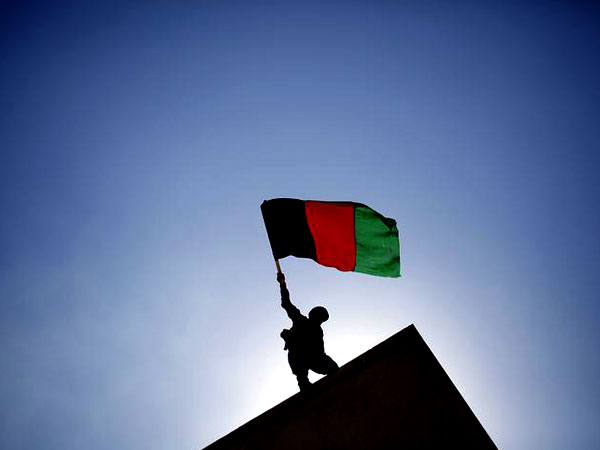
Turkey proposed to take the security of the Kabul airport after the US troops withdrew but Taliban did not let this happen and now Turkey is blaming Pakistan as it has the most leverage as it supports Taliban from backhand.
Turkey’s move to secure the Kabul Airport is to mend Ankara’s deteriorated relationship with Washington by providing a security umbrella to the remaining American personnel.
The Taliban had earlier called on Turkey’s military presence at Kabul airport “reprehensible” and warned of dire “consequences” after Turkish President Recep Tayyip Erdogan announced last month that his nation’s troops would continue to secure the airport in Afghanistan.
Post-US drawdown from Afghanistan, Taliban brutal offensives has led the country to the brink of civil war. The fighting in major Afghan cities including Lashkar Gah, Kandahar and Herat is ongoing, the group control much of the rural area including the strategically important regions near Pakistan and Iran.
A clash between the Taliban and Turkish forces will be inevitable should Erdogan keep his troops in Kabul and treat a potential Taliban regime as an occupation force.
To avoid a major escalation and pressure the Taliban to tolerate the Turkish presence, Ankara will likely tap Pakistan, which has the most leverage over the terrorist organization, says Khzmalyan.
Pakistan has close relations with Turkey, and its Inter-Services Intelligence (ISI) is believed to be courting the Taliban and other terrorist groups.
While it is plausible that Islamabad is ready to back Ankara with intelligence and troop transportation, it is unlikely to throw its full weight behind Erdogan, says Khzmalyan.
For Pakistan, it is essential to maintain a delicate balance vis-a-vis the Taliban. To be sure, a political victory by the Taliban would mean that mostly pro-Pakistan Pashtuns once again control Kabul.
However, the Pakistani authorities cannot be ignorant of the dangers that such a victory might produce.
For instance, emboldened Afghan Taliban could galvanize their radical affiliates within Pakistan and push for greater influence in the country, causing a headache for the Pakistani military, reported Asia Times.
As the Wilson Center’s Michael Kugelman attests, the Taliban enjoy much popularity in Pakistan and are seen as a viable alternative to the current government in Kabul.
Alternatively, by antagonizing the Taliban and openly siding with Turkey, Pakistan would lose its much-cherished position as a middleman between the militant organization and the West.
Furthermore, to have a say in the future of post-American Afghanistan, Islamabad cannot afford to alienate the Taliban terrorists that are currently on the offensive.
No less important are the prevalent impressions within the Pakistani establishment regarding the US involvement in Afghanistan, says Khzmalyan.
Traditionally Islamabad has been quite suspicious of Washington’s intentions and often refused to share useful intelligence to assist the coalition forces.
The deep-seated fear in Islamabad is that Washington might take advantage of the shared intelligence and use it against Pakistan in future negotiations. This fear has been exacerbated by Washington’s improved relations with India, reported Asia Times.
For example, the US played a central role in providing New Delhi with intelligence after the devastating Mumbai attacks in 2008. The terrorist plot originated in Pakistan and was orchestrated by Lashkar-e-Taiba, another terrorist group with links to Pakistani intelligence.
Additionally, the covert operation led by US Special Forces that eliminated Osama bin Laden in Abbottabad was another embarrassing episode for Pakistani intelligence.
The Taliban are determined to push all foreign forces out and will only negotiate once they fully control Afghanistan. Pakistan knows that the Taliban are a tough nut to crack and for all the aforementioned reasons will refrain from investing much in the US-Turkish project.
If Erdogan backtracks, he will hand the terrorists a tactical victory. Should Ankara and Washington fail to reach an agreement, it will create another layer of tension between the NATO allies, opined Khzmalyan.






